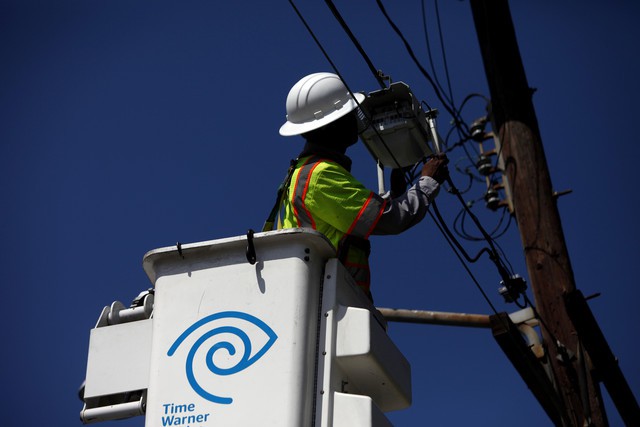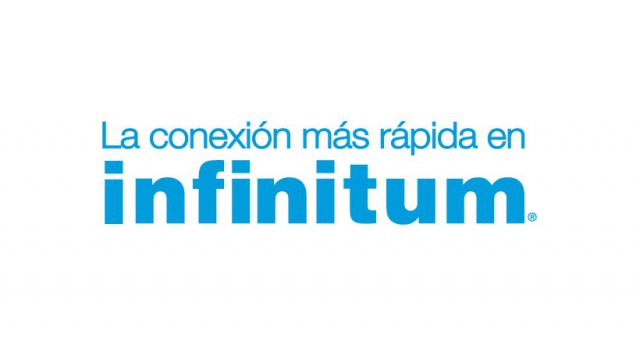 “Dealing with Mediacom is like stepping on a mound of fire ants,” says June Watts, a Mediacom customer in Alabama. “You are going to get stung no matter what you do.”
“Dealing with Mediacom is like stepping on a mound of fire ants,” says June Watts, a Mediacom customer in Alabama. “You are going to get stung no matter what you do.”
Watts is one of many unhappy Mediacom customers that once again bottom-rated the cable company into last place in Consumer Reports annual survey of telecommunications providers. In every case, Mediacom scored the worst or nearly the worst on bundled services, Internet, phone, television, service quality, and pricing.
“Missing channels, stuck channels, inconsistent Internet speeds, Internet and phone outages, boxes that won’t stay authorized, and wait times up to 45 minutes to get them on the phone are all part of my experience with them,” Watts tells Stop the Cap! “It never gets better because once they fix one thing something else breaks.”
 Mediacom’s customer service forums offer some clues about what makes Mediacom such a problem for its customers. “Cyberpunk 1161” pays for 100/20Mbps service but is lucky to get 10% of that speed on a good day. He started corresponding about his speed issues with Mediacom’s social media team on Feb. 19. He is still having issues as of June 2, nearly four months later, and his conversation with Mediacom has now extended to 15 pages. “WhiteBengal50” has already managed three pages of complaints starting on May 18. Another customer spent one year and four months with his cable line left unburied on his lawn.
Mediacom’s customer service forums offer some clues about what makes Mediacom such a problem for its customers. “Cyberpunk 1161” pays for 100/20Mbps service but is lucky to get 10% of that speed on a good day. He started corresponding about his speed issues with Mediacom’s social media team on Feb. 19. He is still having issues as of June 2, nearly four months later, and his conversation with Mediacom has now extended to 15 pages. “WhiteBengal50” has already managed three pages of complaints starting on May 18. Another customer spent one year and four months with his cable line left unburied on his lawn.
“They run a poorly maintained operation in mostly rural communities larger companies don’t want to deal with,” said Jerry Butler, a Mediacom customer in Iowa. “They are trying to keep up with larger operators but they have not invested nearly enough in reliability, which alienates customers with regular service outages and ongoing technical issues.”
Butler notes he can buy 100Mbps broadband service from Mediacom, but he won’t actually see 100Mbps speeds because the cable infrastructure between him and the cable office has deteriorated over the years.
“They need new overhead cable on their poles but they won’t spend the money to do it,” Butler said. “Cable operators should be budgeting to replace system components approaching their expected end of life instead of waiting for them to fail. They could also use more monitoring tools to find deteriorating infrastructure and replace it before it fails.”


 Subscribe
Subscribe Each of 15.4 million Time Warner Cable customers will effectively pay $19.48 to cover executive golden parachutes and Wall Street bank advisory fees if the merger with Charter Communications is approved by regulators.
Each of 15.4 million Time Warner Cable customers will effectively pay $19.48 to cover executive golden parachutes and Wall Street bank advisory fees if the merger with Charter Communications is approved by regulators.
 Among investors, a handful of hedge funds will likely walk away with the most money. Paulson & Company, run by the billionaire John Paulson, owned 8.7 million shares of Time Warner Cable stock, according to a March 31 public filing. He is expected to walk away with a profit of at least $250 million by buying low and selling high. Time Warner shares have risen ever since Wall Street found out Time Warner was a willing seller.
Among investors, a handful of hedge funds will likely walk away with the most money. Paulson & Company, run by the billionaire John Paulson, owned 8.7 million shares of Time Warner Cable stock, according to a March 31 public filing. He is expected to walk away with a profit of at least $250 million by buying low and selling high. Time Warner shares have risen ever since Wall Street found out Time Warner was a willing seller. With AT&T’s arrival in the Mexican wireless marketplace with its purchase of Iusacell and Nextel, América Móvil is responding with
With AT&T’s arrival in the Mexican wireless marketplace with its purchase of Iusacell and Nextel, América Móvil is responding with 
 “The boss of Liberty, a cable and media conglomerate, he has struck more deals than perhaps any other tycoon in the world—buying and selling hundreds of firms worth over $100 billion since the 1970s, often negotiating on his own, using calculations that fit on a napkin,” said the publication. “Unusually for an empire-builder he has made his investors a ton of money, and has little interest in the public eye.”
“The boss of Liberty, a cable and media conglomerate, he has struck more deals than perhaps any other tycoon in the world—buying and selling hundreds of firms worth over $100 billion since the 1970s, often negotiating on his own, using calculations that fit on a napkin,” said the publication. “Unusually for an empire-builder he has made his investors a ton of money, and has little interest in the public eye.” A customer angry over the performance of a Comcast technician in his Berwyn, Ill. home stood in his doorway and blocked the technician from leaving until the work met his satisfaction.
A customer angry over the performance of a Comcast technician in his Berwyn, Ill. home stood in his doorway and blocked the technician from leaving until the work met his satisfaction.